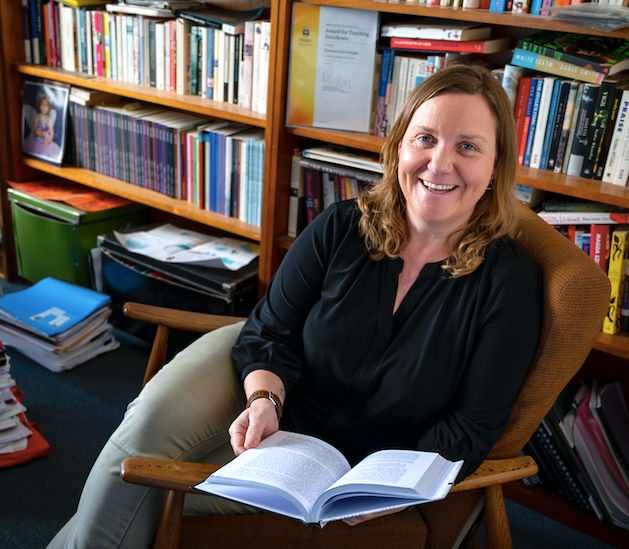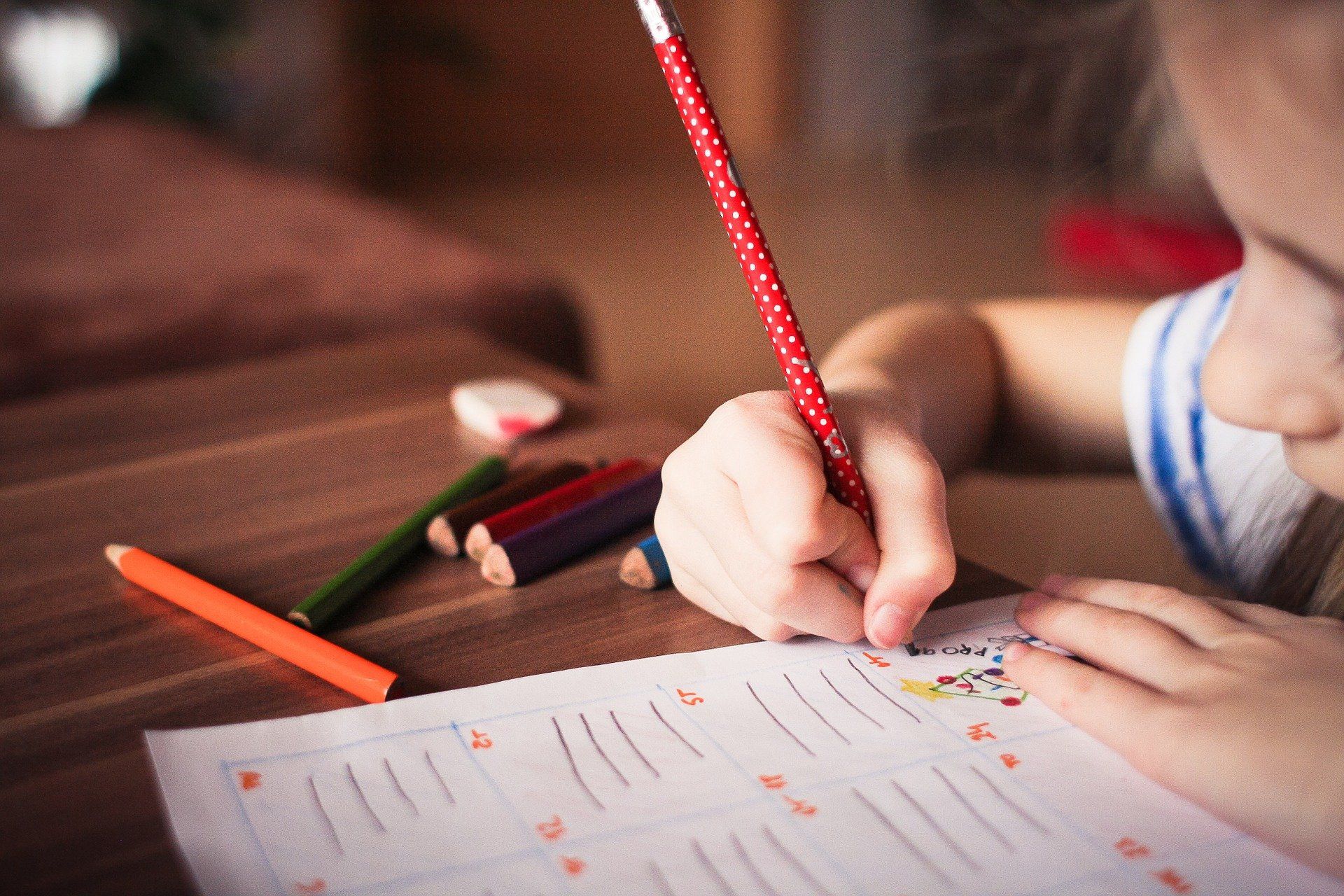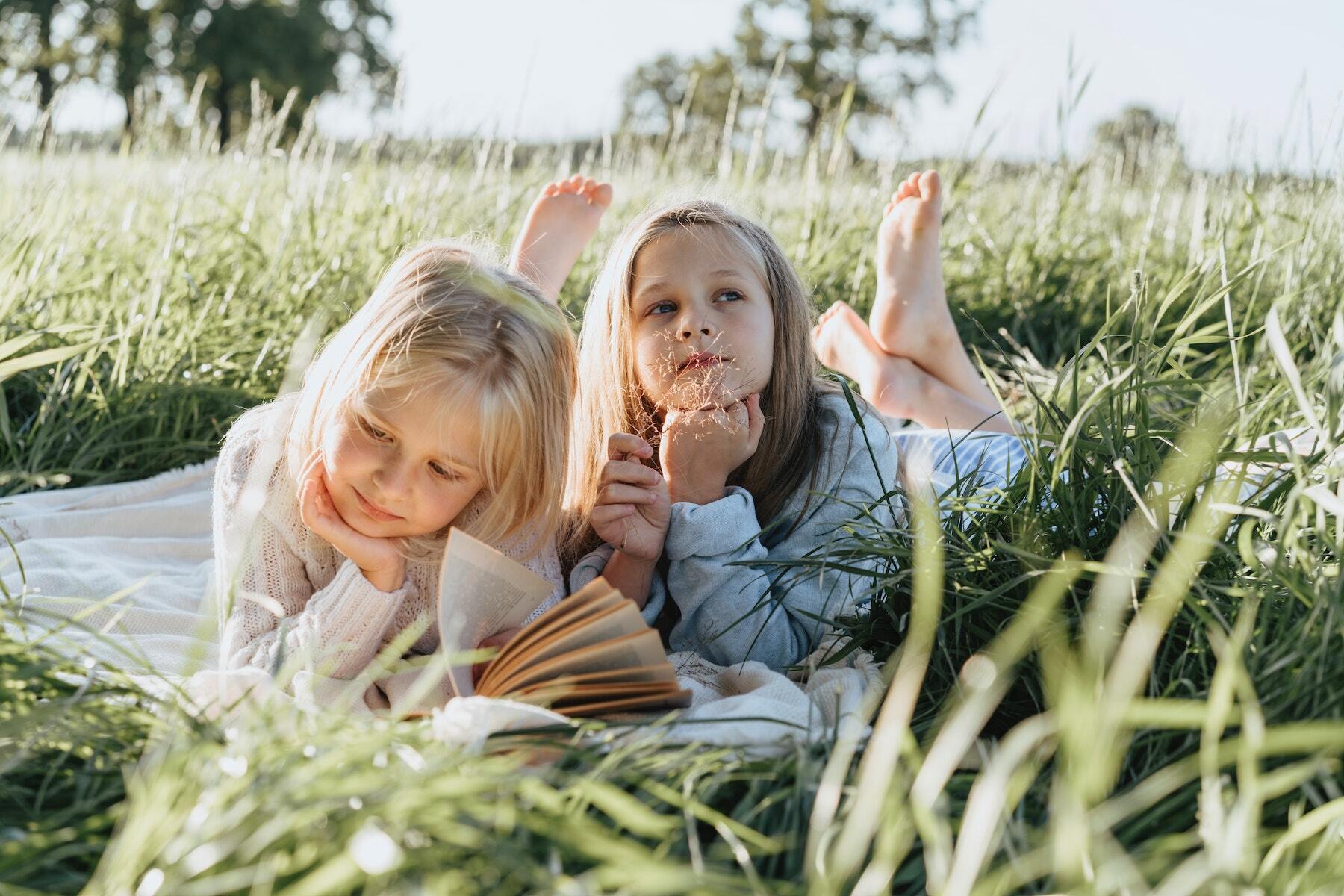9 Ways for Gifted Children to Develop Friendship Skills
Gifted children can appear like ‘little adults’, which affects their peer relationships.
They can sometimes, without meaning to, belittle their peer’s interests (which are probably more immature than their own) and expect perfection from everyone, which makes it much more difficult for them to cope with more relaxed children.
A young gifted child will quickly pass though the stage of parallel play into interactive play. They may try to organise other children into the complex games they create, which makes them appear bossy.
The games can have many rules and exceptions to the rules, which other children may find difficult to follow and understand. This can lead to frustration and hurt feelings.
Often these children can try to impress other children with their knowledge or vocabulary, while in actual fact they end up pushing them away.
This can come across as showing off and other children avoid them. These gifted children can then withdraw into their own intellectualism, giving up on making friends because it seems almost impossible.
Loneliness
This can make a gifted child feel very lonely as they become acutely aware that they do not fit in or can’t make friends.
I often find that when asked what a child would wish for if they could; they say that they would like a friend or more friends. However, they are unsure what type of child they would like to be friends with or how to go about making friends.
Adapting
Academically gifted children may not have as much ‘common sense’ as other children which makes it more difficult for them to make quick decision about what is inappropriate to do or say. Gifted children may relate better to adults as they can discuss their interests.
As these children get older, their behaviour can set them apart from their peers and make it difficult for them to fit in. They may try to adapt by ‘not being so clever’ although not all gifted children will see the need to do that.
Gifted children may need to learn how to pick up on social cues and adjust their behaviour to fit in with the situation, and learn when it is appropriate to listen and not talk over others.
Teachers often comment that this can be a problem in the classroom, as well as knowing when they should stop talking. They can bore others with their in-depth, detailed factual information about issues they find interesting and ‘lose their audience’ and children feel more alienated from them.
Learning how to develop friendships
Gifted children can learn how to develop friendships. This may be learning to speak in the same way as their peers or develop shared interests, some of which they might not choose to do themselves, but learn to enjoy. Other strategies include learning to:
- Connect with others, rather than impress them
- Don’t tell on children if they have done something that they don’t think is right. They could evaluate whether they are trying to help or trying to get the other child into trouble. It can be useful to talk though scenarios when it is appropriate to tell on someone or not.
- Listen and get other children’s opinions, even if they do not agree with them
- Have fun and enjoy themselves, just for the sake of having fun.
- Respect, complement and respond positively to other children’s achievements without being patronising.
- Find ways to agree with other children rather than seeing the differences between them.
- Cooperate and enjoy being part of a team. Gifted children can learn that everyone in the team has different strengths to play to.
- See that mistakes are part of learning and that they do not have to be perfect all the time
- Fun, not competition
Parents can engineer situations when their child can develop friendships through non-competitive and fun activities.
This may have to be carefully managed as many gifted children will become competitive even with building or playing activities that other children do to relax.
To relate to others, children need to cultivate a common interest with them, otherwise that child can become isolated.
Each child is very different and an assessment of their social and emotional skills as well as their learning style can be very useful to help a child understand themselves and find ways that they could get on with others.
About the Author
Irene Broadley-Westerduin is an experienced Chartered and Educational Psychologist with considerable and successful experience in working with children and adults. She has researched to doctorate level in the cognitive psychology and the effects of training short-term memory. Irene is an experienced trainer and has researched, planned and delivered many courses to further the professional development of psychologists and teachers. Dr Broadley-Westerduin lectures at numerous universities and conducts inset training for schools and is the managing director of EDUK8, based in Hampshire, UK.






